Australia’s National Hydrogen Strategy has made another inroad in the global hydrogen market after signing a new agreement with Germany for a joint feasibility study to investigate the supply chain between the two countries on green hydrogen.
Both Australia and Germany are pursuing green hydrogen as a source of energy with enormous potential. The Australian Government is now inviting research and industry consortiums to partner with German industry on this feasibility study which will examine production, storage, transport and use of renewable hydrogen. The agreement follows similar deals with Japan and South Korea.
Germany has committed itself to becoming greenhouse gas neutral by 2050 with the added aim of cuttings its emissions by 55% by 2030. To that end, the European giant is hungry for the kind clean sources of energy Australia is wealthy with beyond comprehensible measure.
Australian Minister for Trade, Tourism and Investment Simon Birmingham said that these kinds of partnerships “will be critical to further developing our emerging hydrogen industry and Australia’s future as a powerhouse in clean energy exports.”
Similarly, Minister for Resources Keith Pitt said that clean hydrogen “is a transformational fuel that can be used to power vehicles, generate heat and electricity, and as a chemical feedstock in major industrial applications. Australia has what it takes to be a world leader in hydrogen production and exports that will help our
The Western Australian Government, which is seeking to position itself at the heart of Australia’s future hydrogen economy, has welcomed the Joint Declaration of Intent between the two countries. WA Regional Development Minister Alannah MacTiernan said noted that “Germany currently imports up to 70% of its energy, and is eyeing renewable hydrogen for its future energy needs. Our Government has already undertaken significant work over the past two years with the German Government and industry to lay the foundations of our fledgling hydrogen industry.”
MacTiernan added that she thought this partnership “will help drive forward our local hydrogen industry and support global efforts to reduce carbon emissions.”
Of course, WA is not alone in its green hydrogen ambitions. Last week the Green Hydrogen Australia Group received the green light for the first of three large-scale green hydrogen plants in Queensland, with the first to be the $300 million Bundaberg Hydrogen Hub.
Australia’s Minister for Energy and Emissions Reduction Angus Taylor shared news of the international agreement by pointing to Australia’s future hydrogen industry’s potential to “generate 7,600 new jobs by 2050, many in regional Australia, with exports estimated to be worth around $11 billion a year in additional GDP.”
Australia’s future hydrogen industry has the potential to generate 7,600 new jobs by 2050, many in regional Australia, with exports estimated to be worth around $11 billion a year in additional GDP #auspol https://t.co/4hR5Og6yuj
— Angus Taylor MP (@AngusTaylorMP) September 10, 2020
Australian research and industry bodies can submit an Expression of Interest to the feasibility study at GrantConnect.
This content is protected by copyright and may not be reused. If you want to cooperate with us and would like to reuse some of our content, please contact: editors@pv-magazine.com.
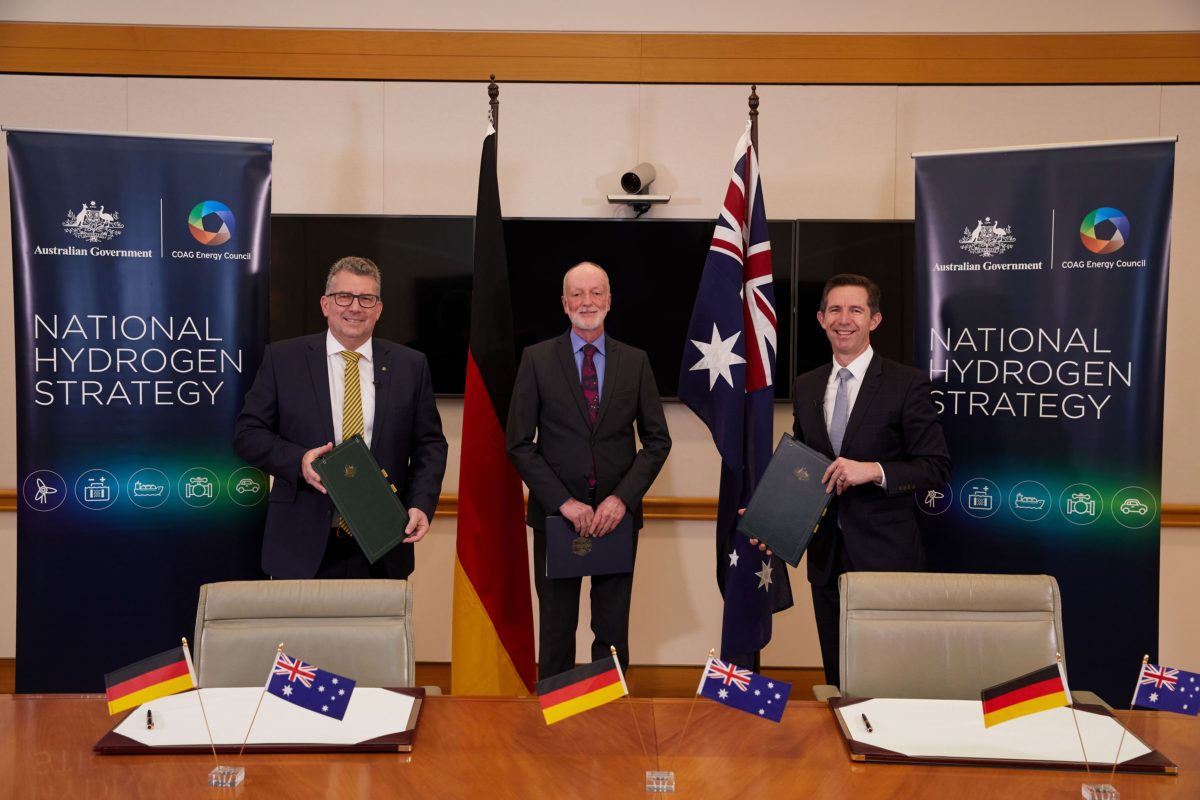


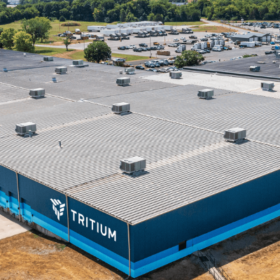
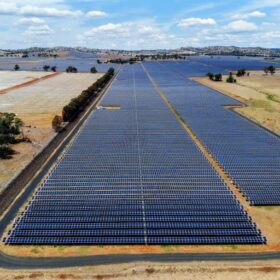

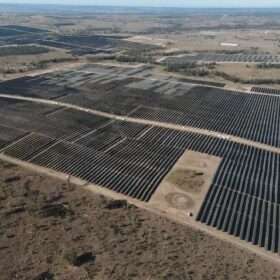
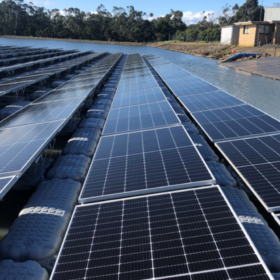
1 comment
By submitting this form you agree to pv magazine using your data for the purposes of publishing your comment.
Your personal data will only be disclosed or otherwise transmitted to third parties for the purposes of spam filtering or if this is necessary for technical maintenance of the website. Any other transfer to third parties will not take place unless this is justified on the basis of applicable data protection regulations or if pv magazine is legally obliged to do so.
You may revoke this consent at any time with effect for the future, in which case your personal data will be deleted immediately. Otherwise, your data will be deleted if pv magazine has processed your request or the purpose of data storage is fulfilled.
Further information on data privacy can be found in our Data Protection Policy.